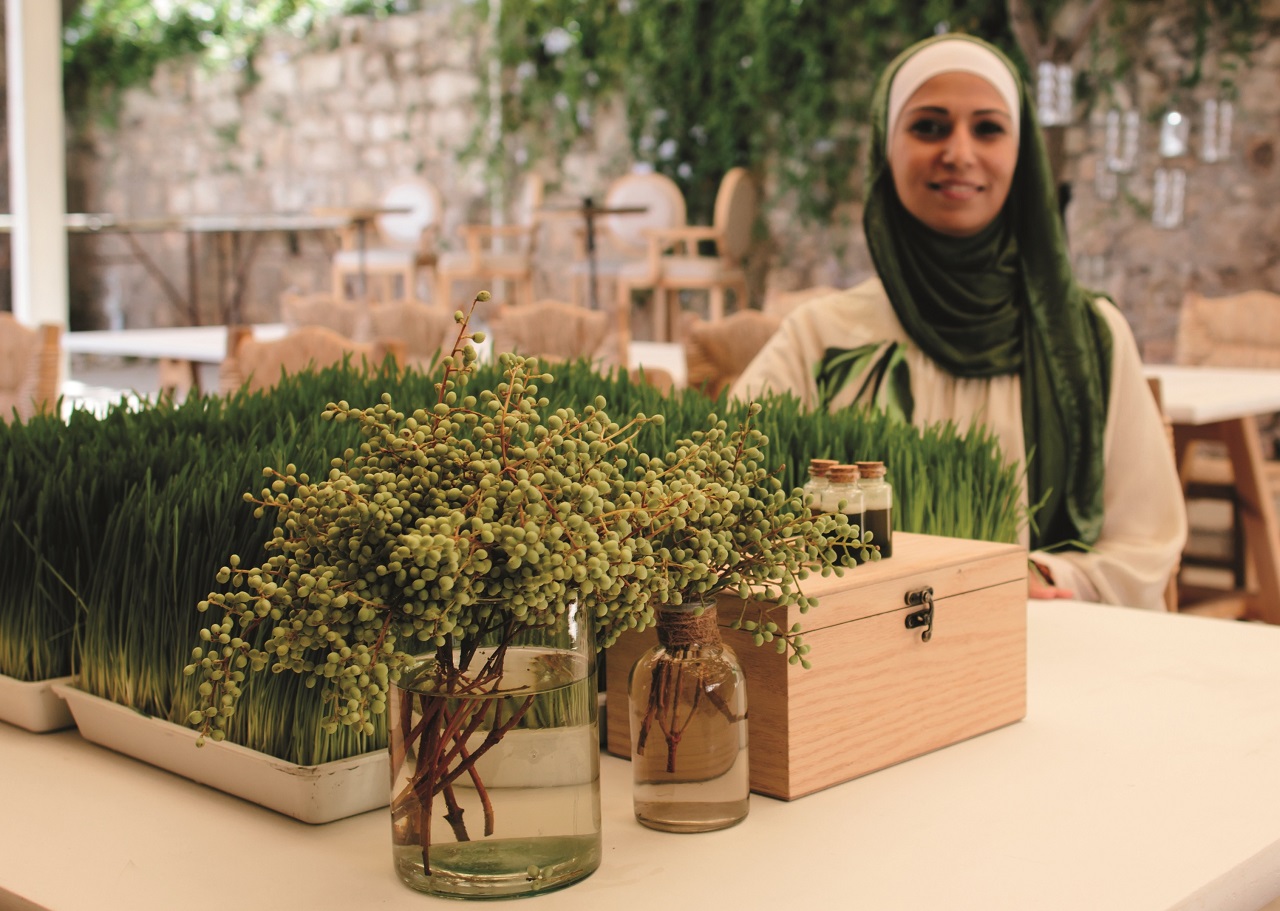
- 16 Aug 2023
Since 2019, the Green Impact Med project (GIMED) has been helping entrepreneurs in Lebanon, Palestine, Tunisia, Egypt and Italy to gain footing with their eco-friendly business ideas.
The initiative was designed to combat environmental degradation in the Mediterranean by providing ambitious entrepreneurs and startups in five key areas with access to funding, skills and knowledge.
Four years on, the results of this wide-reaching project are in. And success stories abound.
Improving access for women
One of the key aims of this EU-funded intervention – implemented by Leaders International and five other partners from the region under the ENI CBC MED Programme– was to provide opportunities for job creation. There was a particular focus on young graduates and women, who were three times less likely to be employed in the region than men.
To date, no less than 83 new jobs have been created as a direct result of the project. The results also show that:
- 448 entrepreneurs were trained across five of the countries, 200 of which were women.
- 920 one-to-one coaching sessions took place with local and international experts and mentors – all experts in green solutions and business development.
- 448 entrepreneurs across the Mediterranean area received tailored training (including green business development, eco design, access to finance and access to market).
- 27 startups developed new products or prototypes.
- 28 startups reported operational growth during the project.
- 9 startups achieved interest from investors.
- 14 startups recorded local and international trade deals or collaborations.
- 10 networking events were held to connect entrepreneurs and investors across multiple countries.
Additionally, there were 50 business-to-business meetings, 25 green development and eco-related conferences and grants of 7,500 Euros awarded to eight entrepreneurs in each of the five participating countries.
A powerful legacy
The activities generated by the project attracted interest from government and private sector organisations from across Europe and the Middle East, and helped to elevate the importance of nurturing a green economy around the Med.
One important legacy of the project, which officially came to a conclusion this year, is a new intellectual property rights handbook that has been given out to more than 50 public authorities across all project regions. It details how policies, trade and procurement can be made to better support the eco-innovative sector long into the future.
Green farms, solar energy and palm leaves
On an individual level, the GIMED participants’ stories make for inspiring reading. They also demonstrate the extent to which eco-innovation continues to proliferate around the Med.
For example, Pierre Baaklini of Lebanon Waste Management has developed a sorting facility that treats unrecyclable dry solid waste such as bricks and creates new tiles from them. The firm now recycles more than 100 tons of ‘unrecyclable’ waste per month.
Serving more than 30,000 clients, Lebanon Waste Management is a shining example of a thriving green business creating job opportunities.
Equally innovative is Farah Barahma, founder of Flowers Land in Palestine. Her specialised green farm produces roses using natural fertiliser and has doubled in size over the course of the programme.
Other green businesses that flourished under the initiative include a solar energy company in Egypt, a healthy agrifood brand in Italy and a firm making ecologic synthetic lumber from recycled dry palm leaves.
A continued focus on green Mediterranean initiatives
While the GIMED project has now officially concluded, Leaders International’s work on the green economy across the Med continues through the RESET project, which aims to create a sustainable, inclusive economy that works for everyone.
RESET’s full title is RESults Enabling Transitions, a reference to the project’s commitment to fostering and supporting an enabling environment and entrepreneurial ecosystem for green and circular businesses.
Leaning on existing proof of what works and best practices across the Med’s green business landscape – including those identified through the GIMED project – RESET will work with local, national and regional stakeholders to inform policies, strategies and regulations that will stimulate the region’s green economy.